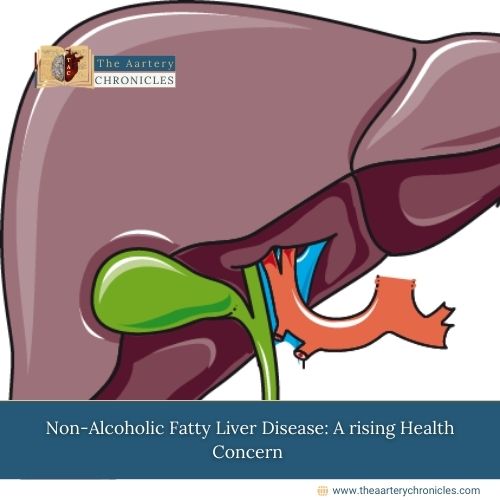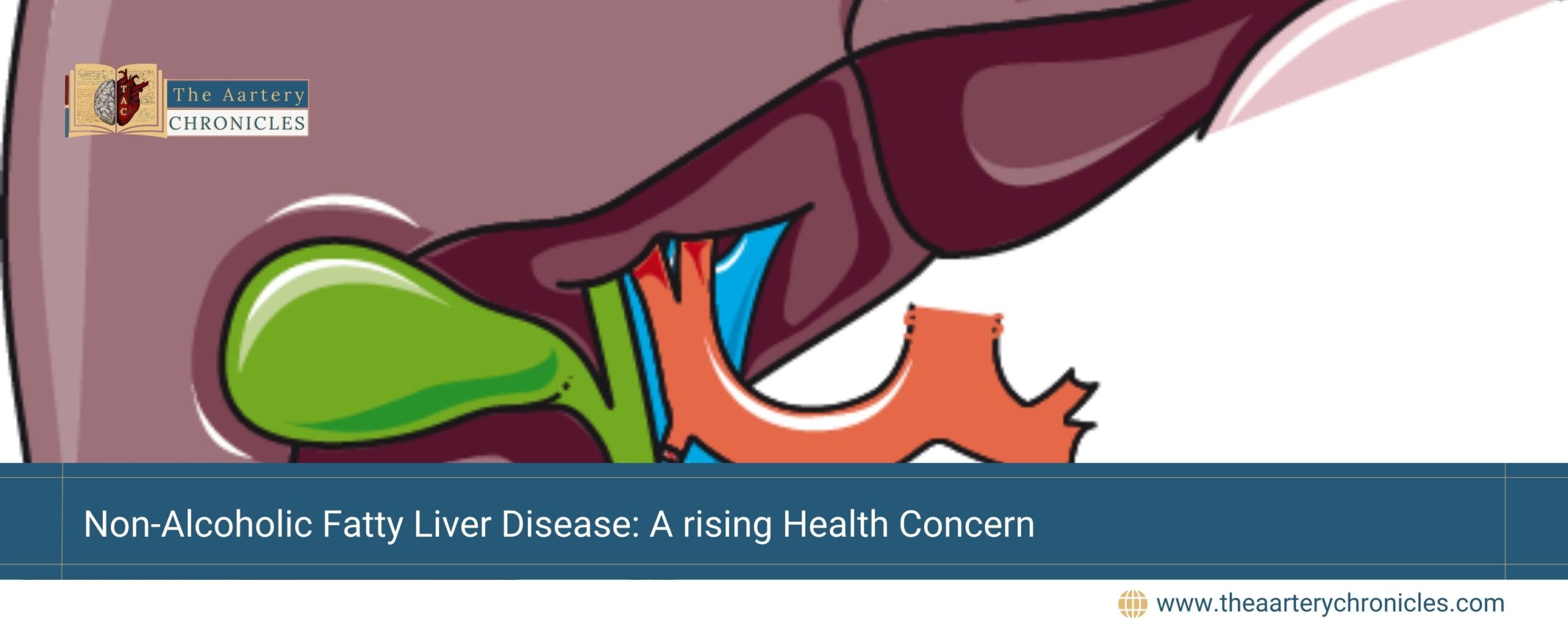

Non-Alcoholic Fatty Liver Disease: A rising Health Concern
Non-alcoholic fatty Liver Disease (NAFLD) is becoming a major public health issue, with 1 to 3 out of every 10 people potentially being diagnosed with the condition, according to Union Health Secretary Apurva Chandra. Speaking at the release of updated operational guidelines and a new training module for NAFLD, Chandra highlighted India’s proactive steps in addressing the disease, now recognized as a key non-communicable disease (NCD).
Link to Metabolic Disorders
NAFLD is closely associated with metabolic issues such as
- Obesity
- Diabetes
- Heart disease
The growing prevalence of these conditions underscores the importance of tackling NAFLD early. Chandra emphasized that updated guidelines and training materials will help healthcare workers at all levels—from community health workers to doctors—improve the diagnosis and care of patients with NAFLD.
Training and Guidelines for Health Workers
The newly released guidelines provide a framework for health workers nationwide, helping them detect and manage NAFLD cases more effectively. Chandra stressed the importance of ongoing care and lifestyle changes for those diagnosed with NAFLD, particularly focusing on prevention strategies to reduce the disease’s prevalence.
Punya Salila Srivastava, Officer on Special Duty for the Union Health Ministry, added that these guidelines must reach grassroots health workers to ensure early detection and intervention. She emphasized that building the capacity of healthcare professionals is crucial in curbing the rising burden of non-communicable diseases in India.
Importance of Liver Health for Overall Well-being
Dr. S.K. Sarin, Director of the Institute of Liver and Biliary Sciences (ILBS), highlighted the broader impact of liver health on other non-communicable diseases like diabetes, heart disease, and cancer. The release of these documents is a significant step forward, with results expected to show in the coming years.
Non-Communicable Diseases in India
According to the Health Ministry, non-communicable diseases now account for over 66% of deaths in India. Risk factors contribute to this growing epidemic such as
- Tobacco use
- Alcohol consumption
- Poor diet
- Lack of physical activity
- Air pollution
NAFLD is emerging as a silent epidemic in India, with the prevalence in the community estimated between 9% and 32%, depending on factors like age, gender, location, and socioeconomic status. India’s high burden of metabolic diseases, many linked to liver health, prompted the country to be the first to include NAFLD in its National Programme for Prevention and Control of NCDs in 2021.
New Guidelines and Evidence-Based Interventions
With the latest scientific evidence on NAFLD, India has revised its guidelines to better equip healthcare providers in preventing and managing the disease. The guidelines focus on promoting health and early detection, ensuring that patients receive timely care. They advocate for a multidisciplinary approach, bringing together healthcare providers from different fields to offer comprehensive care to those affected by NAFLD.
Comprehensive Training for Healthcare Providers
The newly developed training module for NAFLD is designed to complement the operational guidelines and strengthen the skills of healthcare professionals, particularly at the primary care level. The module covers a wide range of topics, including
- The causes of NAFLD
- Risk factors
- Screening protocols
- Diagnostic methods
- Standard treatment guidelines
The module also stresses the importance of
- Early detection
- Patient education
- Lifestyle changes
- Integrated care strategies to improve patient outcomes
Conclusion
The updated guidelines and training modules mark a critical step in India’s efforts to address the rising burden of NAFLD. By equipping healthcare providers with the necessary knowledge and tools, the Health Ministry aims to improve early detection, prevention, and management of this emerging public health issue.
Source: Inputs from various media Sources

Priya Bairagi
Reviewed by Dr. Aarti Nehra








